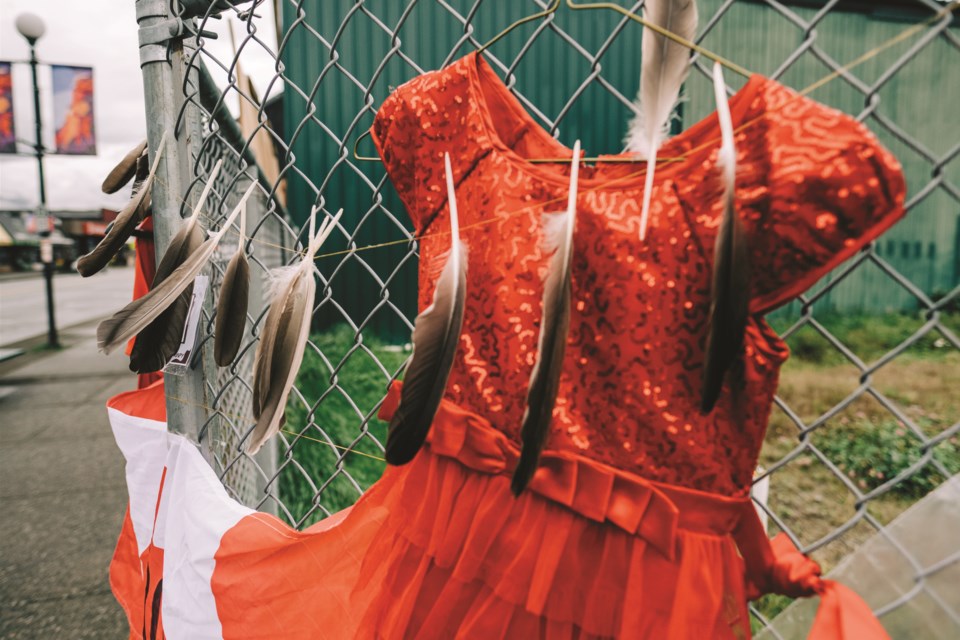We’ve made some significant gains in terms of Truth and Reconciliation with Indigenous peoples in Canada, but we still have a way to go.
Back in March, The Toronto Star ran a story about a report from the Yellowhead Institute that said while Canada has implemented a number of Truth and Reconciliation calls to action, much of it remains a symbolic performance for the sake of the country’s reputation.
Yellowhead is an Indigenous-led research and education centre based in Toronto Metropolitan University, formerly known as Ryerson.
In the report, as described by The Toronto Star, said that at the time of its publication this past spring, 83 out of 94 calls to action remained incomplete.
This critique arrived six years after the Truth and Reconciliation Commission released its final report and urged the nation to implement 94 Calls to Action.
For much time, there was little movement. As one example, back in 2020, not one call to action was implemented.
However, things did pick up a little in 2021. That year, according to the report, Canada implemented three calls from the TRC report within three weeks — more within three weeks than it did in the previous three years.
The reason?
The discovery of hundreds of unmarked graves.
One sad fact of this reality is that stories about the disappearance of children have been told many times by members of the Indigenous community.
This was not new knowledge. The horrors of the residential school system had been well-known for years beforehand. Yet, these stories fell on deaf ears.
Sadly, settlers didn’t take Indigenous voices seriously enough. It wasn’t enough for us to know.
We as a nation had to wait until the issue became international news.
Instead of implementing the calls to action when we were told to do so, we had to be shamed on the world stage before translating the rhetoric of reconciliation into something tangible.
Furthermore, the calls to action that the federal government has implemented have been symbolic, the Yellowhead Institute says.
Creating a holiday on Sept. 30 is a nice gesture. However, it does not address the systemic problems within our system that have kept and are keeping generations of Indigenous Canadians at a disadvantage.
For example, the simple human right of having access to clean drinking water is still out of reach for dozens of Indigenous communities.
There has been progress made on this front — 135 long-term drinking water advisories have been lifted since 2015.
However, there are still 32 long-term drinking water advisories in effect in 28 communities. The fact that this is occurring at all is still nothing short of incredibly disappointing.
Here in Squamish, as we reported in October 2021, residents of the Cheekye Reserve have been receiving bottled water because they feel they can’t trust what comes out of their taps. Furthermore, water outages are a regular fact of life there.
So it’s high time our government started working on tangible ways of improving Indigenous life in Canada. A day off work for some is great. But drinking water for all is better.



